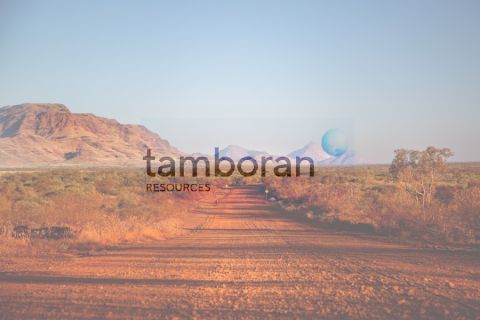The oil and gas industry has a reputation in the US, and it isn’t for being a group of “green thinking” people. Those within the industry know that we have worked hard to improve operations with the goal of reducing environmental impact and have invested in technology to reduce the footprint of drilling and production operations. Unfortunately, most of those efforts seem to be flying under the national radar. Our bad reputation overshadows reality. George Alcom, former chair of the Independent Petroleum Association of America (IPAA) and president of Alcom Exploration talked about this problem at Hart Energy Publishing’s “Energy Solutions” conference in Houston November 6-7. “The energy industry in Washington has been in the ditch for a long time,” Alcom said, and that situation has got to change. “We want to be recognized as thoughtful about the environment.” Achieving that goal is not going to be easy. Education is critical, and educating the American public is an ambitious goal. According to Alcom, though, it is an absolute necessity, and the recent change in administrations opens the door to opportunity. “We’re past the rhetoric of the election, and we’re on to governing,” Alcom said. The important thing now is to bring the “right message” to Washington. And that message is a strong defense of the industry. “Defense! Defense! Defense!” Alcom said. That’s what the industry needs in Washington and what the IPAA is implementing. Alcom believes that when Washington views gas producers in the US as responsible about the environment and interested in educating people, the door will be opened (even if just a crack) for additional gains, such as opening new areas for exploration. North America’s gas resources are enormous, Alcom said, pointing to the Barnett (50 Tcf), Fayetteville (45 Tcf), and Horn River (100 Tcf) gas shales as evidence of enormous reserves. And much of this reserve potential is recoverable thanks to today’s technology, which has boosted recovery levels from 10% to 50% in some places. “Gas is precious,” he said, but it isn’t scarce in North America. “We’ve got a lot of it. It is huge!” Alcom suggested that producing these domestic reserves could be a significant part of the US solution for energy security. The country needs a strategic long-term plan, and gas should be part of the picture, but drillers have to gain access to the reserves. “Access continues to be a big problem,” he said. Like other organizations that represent the oil and gas industry, the IPAA is working to open access through its work in Washington. It is trying to change the industry’s reputation and prove to the new administration that gas producers and Washington are on the same page, that their goals are the same, and that they are both working toward energy security. I wish the IPAA luck in getting this message across. It is one that will be valuable not only to independent producers, but to the country as a whole. It’s been said that anything worth having is worth working for, and that’s probably a good maxim for the IPAA to espouse as it pursues its goals. History shows us that Washington is not likely to welcome the organization with open arms or open minds. My guess is that the IPAA has its work cut out for it.
Recommended Reading
U.S. Shale-catters to IPO Australian Shale Explorer on NYSE
2024-05-04 - Tamboran Resources Corp. is majority owned by Permian wildcatter Bryan Sheffield and chaired by Haynesville and Eagle Ford discovery co-leader Dick Stoneburner.
Permian Surface-owner LandBridge to Raise up to $367MM in IPO
2024-06-17 - Houston-based LandBridge holds some 220,000 surface acres in the Delaware Basin.
Scott Sheffield Among Investors in Australian Shale Gas IPO
2024-06-27 - The operator who sold Pioneer Natural Resources Co. to Exxon Mobil in May for $59.5 billion joins his son Bryan Sheffield in shale gas investment Down Under.
Permian’s LandBridge Prices IPO Below Range at $17/Share, Raising $247MM
2024-06-30 - Houston-based LandBridge, which manages some 220,000 surface acres in the Permian Basin, kicked off trading at $19 per share, more than 10% above its listing price.
LandBridge Chair: In-basin Data Centers Coming for Permian NatGas
2024-06-28 - Newly public Delaware Basin surface-owner LandBridge Co. has a 100-year lease agreement with one developer that could result in ground-breaking in two years and 1 GW in demand.





